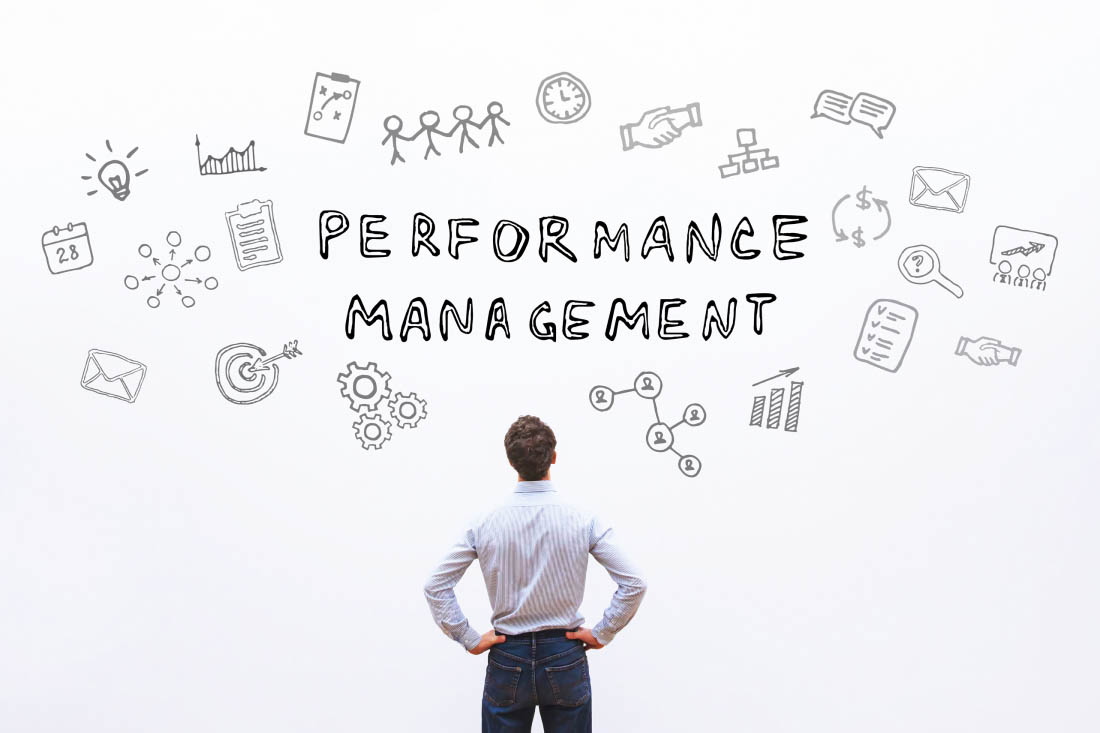The Problem with Performance Management
Let’s be honest: traditional performance management tools are not built for managers. They’re inflexible, a bit clunky and disconnected from how work gets done. They’re designed for compliance and reporting, not actually enabling performance.
Managers need to be cajoled to use a system they forgot about after their last visit. They spend hours filling out forms and ticking boxes to prove they are managing their team instead of actually managing their team.
The experience for employees is the same or worse. They are too often surprised to hear they are not on track leaving them demoralized and lacking the sense of purpose the process promised to foster. Performance reviews end up being a source of anxiety and dread, rather than a chance to reflect on achievements and set new goals.
And what do companies get in return for all this hassle? A rigid, inflexible system that fails to capture the nuances of modern work or dynamics of their team. It’s no wonder that so many people see performance management as a necessary evil, rather than a strategic tool for driving success.
The reality is that traditional performance management tools are a relic of a bygone era. They belong in the same category as fax machines and landlines – obsolete relics of a time when performance management was designed to support command and control leadership structures.
It’s time to move on.

The Future of Performance Management: Usage then AI
Performance Depends on Daily Habits
Performance is not a fluke. It doesn’t come from filling out forms, surveys, and ranking talent. Don’t be fooled by the old-school incumbents – or the new-school ones that are just dressing up those same forms with a modern lick of paint.
Performance is built on daily habits and behaviors that align with your company’s goals. If you want to build a high-performing team that consistently delivers great results, your org needs to prioritize the high performance habits that create success.
I won’t cover them here, but these habits are no secret. They’ve been documented, studied, and personally blogged about by us for years.
But let’s face it, we cannot rely on just manager willpower. Consistency around regular feedback and alignment to goals will fall by the wayside in the face of daily demands and distractions. That’s where software can make a real difference.
Habits, Aided by Software, Enable Superpowers
With daily use by managers in meetings, we not only aid in those much needed habits, but are capturing all that data.
It’s long been said that, “if you have great 1:1s then there should be no surprises when it comes time for the performance review”. Or, put another way, when managers have great 1:1s, the review should write itself.

And now, finally, when managers have great 1:1s the review literally writes itself.
This makes performance management more efficient and thus more effective. AI analyzes notes, goal updates, and feedback conversations from 1:1 meetings, and uses them to draft performance reviews. Managers spend their time reflecting and reviewing, not searching for notes and words. Reviews are based on all 26 or 52 weeks of data, not just what a manager is able to remember that day.
And when we unburden managers from writing reviews, we give them time back to focus on higher-value work, such as developing their teams, creating strategies, and driving business results. Creating a new era of productivity powered by performance systems.
We believe the future of performance management lies in great software that enables daily habits. If you’re still relying on traditional performance management tools, it’s time to make the switch. Usage is the only thing you need to focus on in the AI era.









Replies to This Discussion